TEHRAN(Bazaar) –Marc Finaud, Head of Arms Proliferation at the Geneva Centre for Security Policy (GCSP), says delisting of the IRGC as a terrorist organization is a very sensitive issue in US domestic politics.
He adds that “Because of his narrow majority in Congress, Biden doesn’t want to be accused of weakness and give the impression he “supports terrorism”.”
Following is the text of the Bazaar interview with Marc Finaud.
Bazaar: The Vienna talks now require political decisions by Iran and the United States. What do you think is the main issue left?
Finaud: Apparently, it is the issue of US delisting of the IRGC as a terrorist organization.
Bazaar: It is said that the removal of the IRGC from the U.S. terrorist list is the most important issue left in the negotiations. Robert Malley, the Special Envoy for Iran has stated that the IRGC will remain under sanctions even if it is removed from the US terrorist list. Despite this, what is the reason for America's stubbornness in this regard?
Finaud: Obviously, it is a very sensitive issue in US domestic politics. Because of his narrow majority in Congress, Biden doesn’t want to be accused of weakness and give the impression he “supports terrorism”.
Bazaar: U.S. Congressmen are seeking to pass legislation that would require congressional approval by the US government to remove the IRGC from the terrorist list. If this happens, what is the Biden government's strategy for it?
Finaud: Of course, this will make things more difficult for the President since he cannot count on massive support in Congress, including among the Democrats, especially with the mid-term elections coming up in November.
Bazaar: In an interview with his Hungarian counterpart, the Iranian Foreign Minister stated that significant progress had been made in the negotiations, but that some important issues remained between Iran and the United States. What is your assessment of his words?
Finaud: Yes, this is correct. The Europeans consider that, for their part, they have done their utmost to revive the JCPOA and that the last obstacle should be settled between Iran and the US.
Bazaar: Mohammad Eslami, President of the Atomic Energy Organization of Iran, has announced that Iran has sent documents to the International Atomic Energy Agency on March 20, 2022, and they have reviewed them, and IAEA representatives will probably come to Iran to review the materials and review the answers and summarize. Do you think that the dispute between Iran and the IAEA over issues related to Netanyahu's documents will be resolved independently or it will be tied to the result of the JCPOA?
Finaud: All disputes between the IAEA and Iran have been solved bilaterally as they should be, but whether they are or not can have a positive or negative impact on the JCPOA talks.

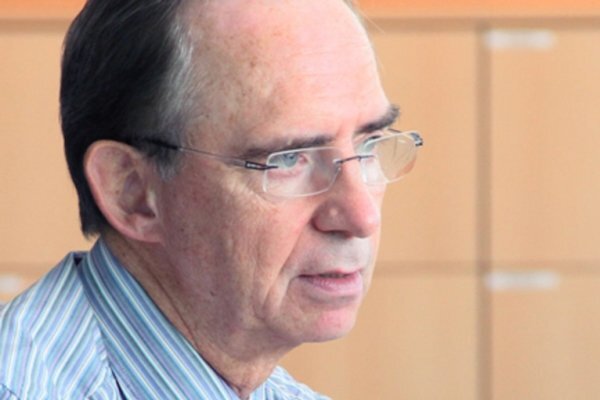




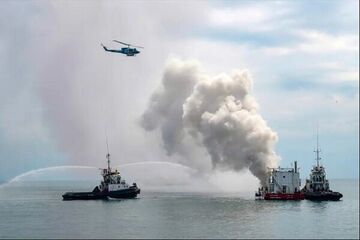

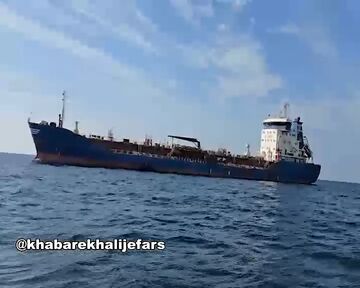



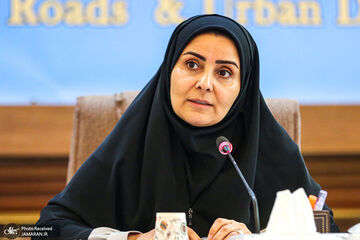
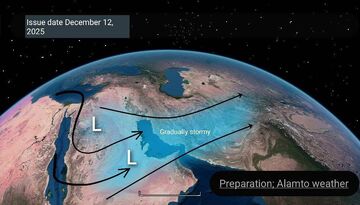

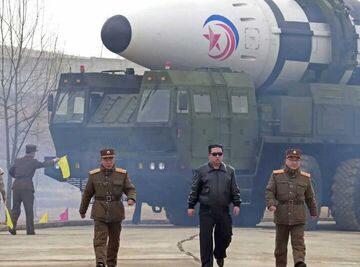
نظر شما